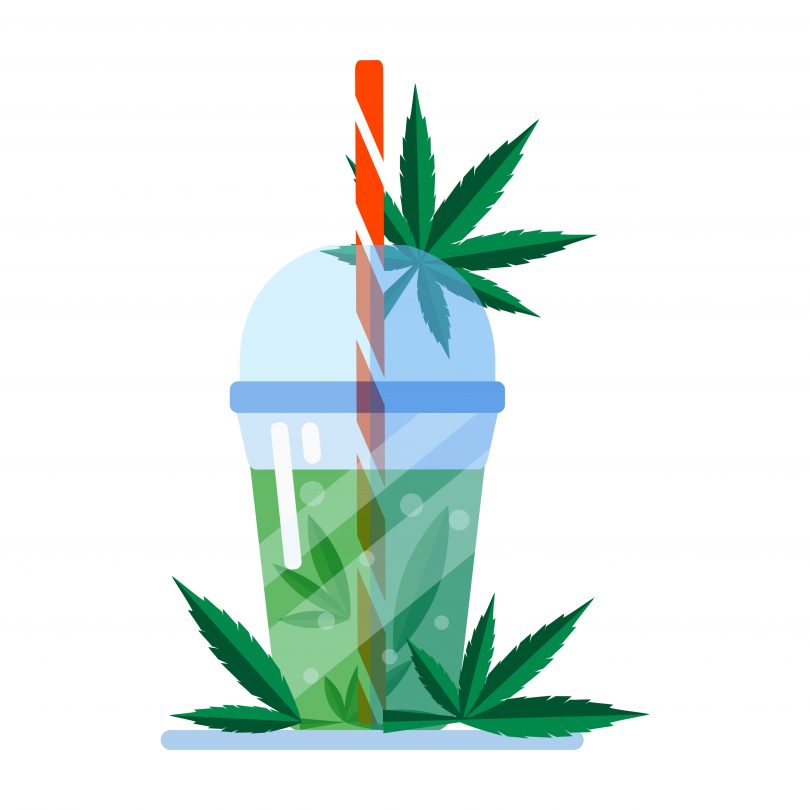We know about the dangers we pose to the planet – and therefore ourselves – by our use of plastic. Many of us also know that hemp can be used to make almost anything, and at one point, was a contender in the plastics industry. With the ridiculousness of prohibition slowly coming to an end, hemp plastic is a real thing, and the likely future of mass production if we want to keep living on this planet.
Using hemp to create plastic for mass production is an obvious answer to current issues. Just like, using cannabis instead of opiates is a better option for pain relief without addiction. Luckily, today there are more options than there were a few years ago. Like Delta-8 THC. A few years ago, this wasn’t an option at all, now its a great one. What is it? Its a half-brother to delta-9, which comes with slightly less psychoactive effect, less anxiety produced, and less cloudiness in the head (with more energy). Doesn’t it sound good to have options? Check out our selection of delta-8 THC deals, and figure out your own best option.
Prohibition and hemp
In 1937 Henry J. Anslinger, the head of the Federal Bureau of Narcotics, pushed through the Marihuana Tax Act which instituted massive taxation of hemp products, greatly minimizing the entire industry. He didn’t do it alone though, and the reasons behind this, and the eventual complete prohibition of cannabis, aren’t always understood well.
What does seem to be the case, and which is coming out more and more, is that Anslinger didn’t do this on his own. Sure, it might’ve been a personal move for his anger over failed alcohol prohibition, but he didn’t get a country of people to hate cannabis all on his own. For that, he had the help of partners, who also benefitted from the demonization of all cannabis in the public eye.
Want to source the best cannabinoid-based products for your shop?
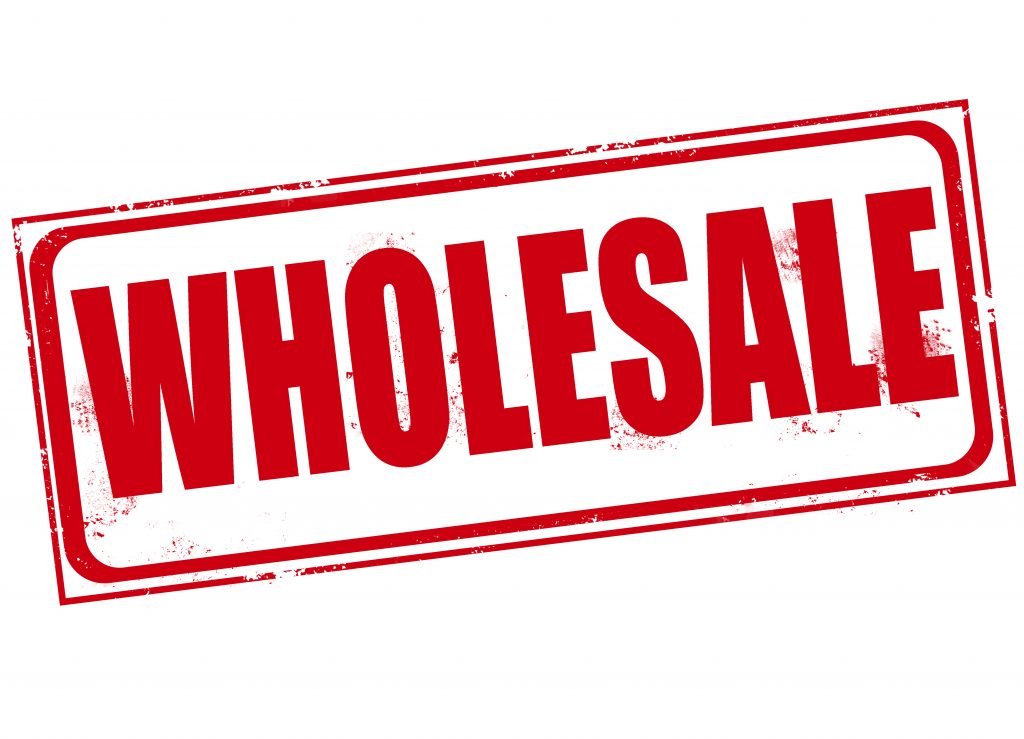
Click HERE to learn about our wholesale opportunities.
Get immediate access to premium CBD, CBG, CBN, CBL, CBC, Delta-8, Delta 10 THC, THC-O & THCV products.
One of the major players in the outlaw of cannabis, was William Randolph Hearst, a magnate of the paper industry, who essentially ruled the roost in terms of paper and publications. The last thing he wanted was for hemp paper to get in the way of his own industry. For his part, Hearst helped spur along hatred toward the black community and particularly Mexicans, filling his newspapers with all kinds of ‘yellow journalism’ and overall smear campaigns, to turn the American public against the plant and the people.
Then there was the burgeoning pharmaceutical industry, which did not have the ability to patent a plant, and which was threatened by cannabis and all of its medical applications. By the time that prohibition started, cannabis was in so many different every-day, and medical products, that something involving it could be found in almost any home. Prohibition cleared the way for these companies to push their own products, without a more natural, and better, alternative available to people.
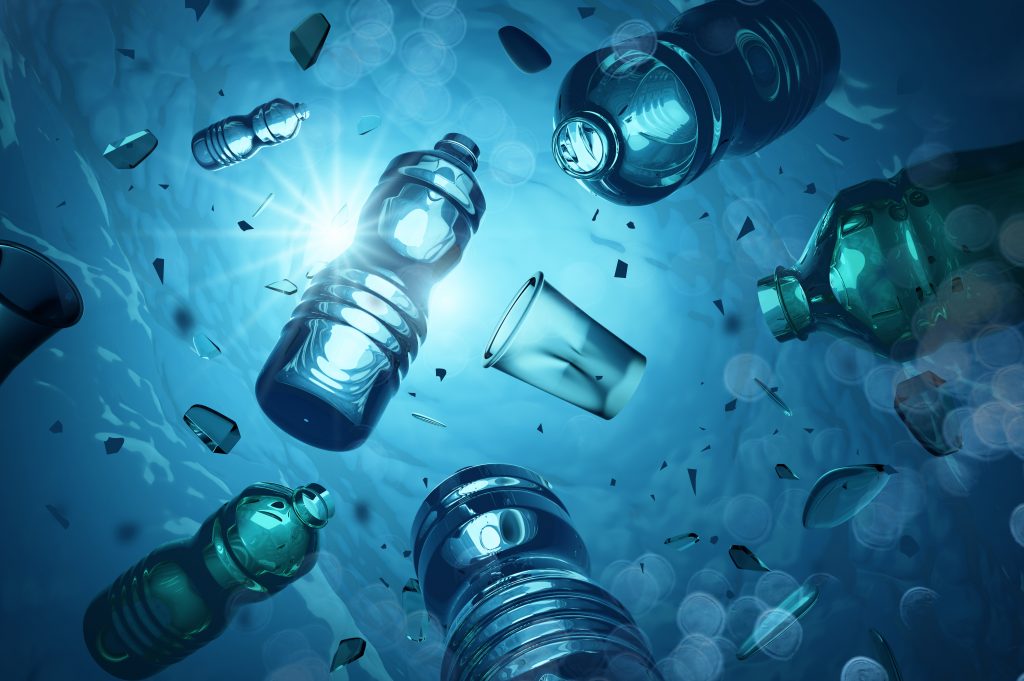
Yet another family – and industry – which worked along with Anslinger to push through prohibition, were the DuPonts, and their plastics industry. Around that time, the family had gotten into developing synthetic fabrics, particularly, cellophane, made from petroleum. This – as we now know – ended up being a benchmark for packaging goods in America and beyond, among many other uses, and the last thing that was desired at the time, was for hemp to be a competitor in their business.
All of this pressure led to the Marihuana Tax Act, and then full prohibition in 1970 with the Comprehensive Drug Abuse Prevention and Control Act of 1970. Though most of the stories that were put out for the public involved tying the plant to the ‘drug’ side, it was really the industrial uses of hemp that damned it in the end (even more than medical uses). So instead of not cutting down trees, or not filling our oceans with plastic, or not having a massive opioid epidemic, all those things happened at hyper speed, and for the most part, no one considered hemp at all while these problems grew out of bounds.
A little on plastic
Not everyone is fully aware of just how bad the plastics issue has now become in terms of our environment, and the health of the planet – and therefore, all of us living on it. So, to make it a little more clear-cut, why hemp plastic is so important for mass production, here’s a little info on the awfulness of the current petroleum-based plastics industry.
- In 1950, about 2.3 million tons of plastic was produced. By 2015, this number reached 448 million tons, with an expectation of this number doubling by 2050.
- About eight million pieces of plastic get into the ocean per day, making for approximately eight million tons per year. This also equals about one garbage truck worth of plastic, emptying into the oceans every minute.
- 165 million tons of plastic are sitting around the waterways of the world, getting as far down as 11km deep.
- Over one million sea birds and 100,000 marine animals die yearly from plastic pollution. Every sea turtle will have plastic in its body. One out of three fish caught for human consumption, has plastic within it.
- Less then 10% of produced plastic gets recycled.
- The US creates 80 million tons of plastic waste per year.
- The plastic microbeads in the oceans are one million times more toxic than actual sea water.
How is all this plastic made? Let’s remember that the DuPont family found a way to create cellophane from petroleum. While it doesn’t always seem like an obvious fact, the plastics industry relies entirely on the oil and gas industries. Though plastics aren’t made directly from oil and gas, they are made from the feedstock that is derived from oil and gas, making for an indirect, but important, connection.
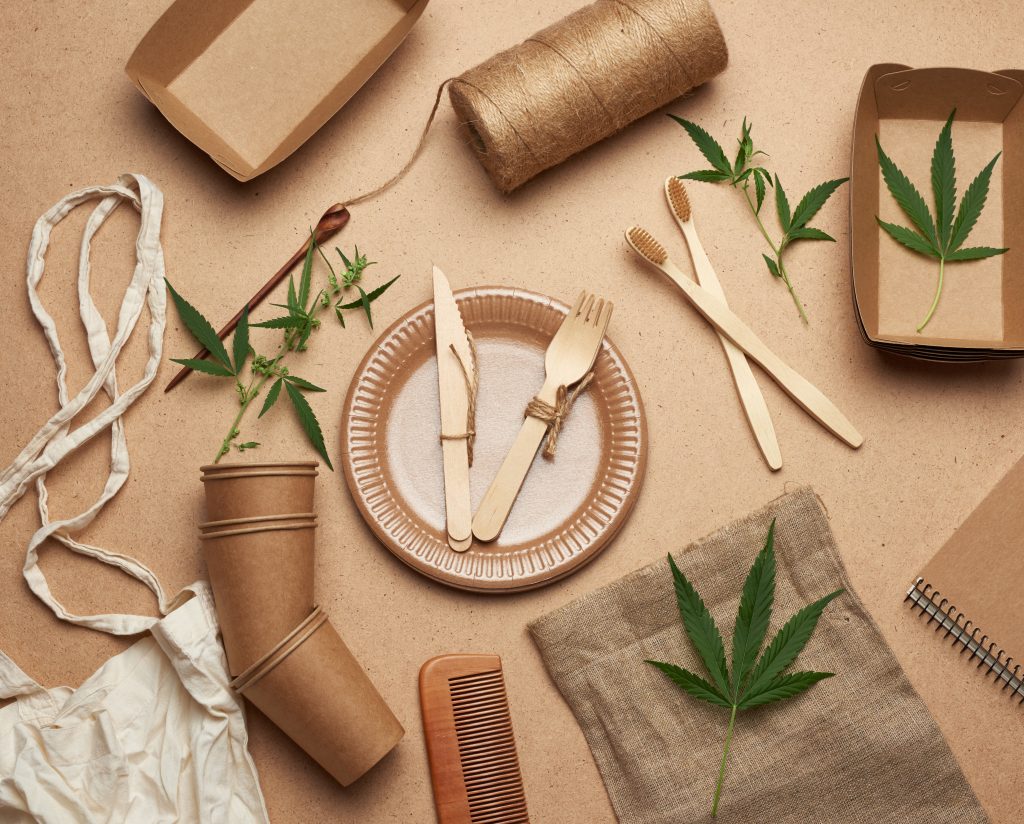
The US Energy Information Administration will no longer give out information on exactly how much oil is used to make plastics, saying it doesn’t keep track of this information. This is odd, considering its kind of the agencies job to do so. Plus, it most certainly did in the past, putting out in 2010, the number 191 million barrels of LPG (liquified petroleum gas) and NGL (natural gas liquids) for the production of plastics in the US alone. At the time, this accounted for approximately 4% of worldwide oil production. That number is expected to be much higher by now. So why would the US government not release information on oil used for plastic production? Go ahead, and check the site, they don’t give any real information.
The hemp plastic alternative for mass production
Prior to prohibition, there was a massive hemp industry in America, including use for rope, sails, clothing, and industrial building materials. As much as 3,000 tons of hemp was being produced before the plant was illegalized. The word ‘canvas’, actually comes from the word ‘cannabis’, since cannabis was used so often as a fabric. This is emphasized by the fact that back in colonial times, the US instituted grow laws, forcing those with big enough plantations to contribute to the hemp industry, with fines for those who refused.
In the 1940’s, car manufacturer Henry Ford even created a near 100% hemp car, with only metal for the frame. The car weighed around 1,000 pounds less than a standard car, and the hemp plastic used, was better at resisting damage. Wouldn’t it have been interesting if these industries had not been stymied? What would the world be like now, if oil production had never been a part of creating building materials and packaging materials and even automobiles? It’s impossible to say, but luckily some of these old production uses, are coming back in the form of hemp plastic, hemcrete and more.
Can hemp plastic be as good?
This is a question a lot of people have, and it’s a good one. Yeah, of course it can be, in fact, it can be better. Whether made from oil, or from hemp, plastic relies on cellulose for structural issues. While petroleum can be used for this, so can a plant like hemp. Hemp hurds are about 80% cellulose, making hemp a great option, and, better yet, it can be grown organically, isn’t toxic, and won’t contribute to the soiling of our oceans, groundwater, landfills, and streets. It doesn’t contain harmful compounds like BPA (the stuff we’re told leaches into our food and liquids via plastic containers), and therefore isn’t linked to health issues like infertility, obesity, heart disease, diabetes, and more.
Unlike oil-derived plastic, hemp products are biodegradable, and won’t add to the detriment of our pollution issues. Hemp is also renewable, unlike oil, doesn’t require dangerous processes like fracking, and creates a plastic that is 3.5 times stronger and five times thicker. This makes it better for the environment, and an overall better product.
So, why aren’t we already using hemp plastic for mass production?
It’s very simple, and for the same reason that prohibition was pushed in the first place. Oil and big business, which so often go hand in hand. The DuPonts weren’t invested in natural resources, and neither are any oil companies today. But we already know that upwards of 4% of oil production went into making plastic in 2010, with that number now being around 10%, and possibly higher. That means, if plastic stopped coming from oil, at least 10% of the industry would tank out.
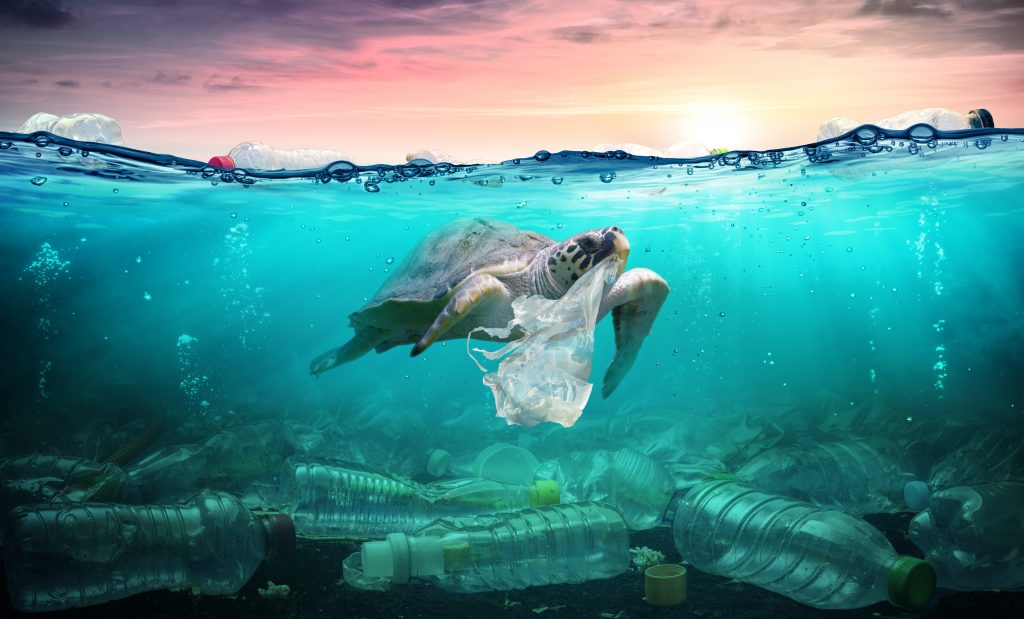
Have we ever known big oil to take a loss like that lying down? In the US alone, in just the year 2020, oil companies contributed over $138 million to political campaigns, through donations to parties, through PACs, as soft/outside money, and from individuals. 84% went to republicans, 16% went to democrats. That money was paid out to ensure that operations could continue despite the known detriment to our planet, and with safer options available, like hemp.
It stands to reason that unless the oil industry finds a way to monetize hemp for itself, it will make switching to safer options, that much trickier. We all know how politics work at this point. That $138 million buys votes, and it will never matter what the voting public does, as long as that money is able to filter into politician pockets. The funniest part? Those people have to live on this planet too, so not only are they willing to damn other people with their greediness, but they’re actually dumb enough to hurt themselves in the process.
Can the industry be upended? Sure, most can be with the right catalyzer. And information itself can be a catalyst. But in a poor world, which has grown poorer due to the recent pandemic, (and the reaction to it), getting people to understand the value of making this switch, is difficult. People are fighting to survive, and caring about the status of the oceans, or what might happen in even as little as 20 years, won’t put food on the table right now, or keep the heat going. As long as people are kept poor, and uneducated, the oil industry will prevail.
For those who understand the gravity of the situation, and are looking to the future, these companies are leading the way in getting us back to hemp plastic for mass production purposes, and safer industrial materials: The Hemp Plastic Company, Cannopy Corporation, and Hemp Inc.
Conclusion
There are probably plenty of people that think we as a species can survive anything. They are incorrect. The more damage we do to the environment, the more it comes back around to smack us in the face. And the only reason we continue? Because it puts money in the pockets of people who care so little about the rest of us, that they’re willing and ready to continue on, making a mess of everything for their own profit.
Should we continue using standard plastic? No! We have alternatives like hemp plastic, and it’s what we should be using if the future is considered important at all.
Hi, and welcome to CBDtesters.co, the #1 online spot for all the best and most interesting cannabis-related news from around the globe. Stop by frequently to stay on top of the ever-changing world of legal marijuana, and sign up to get our newsletter, so you never miss a story.
Disclaimer: Hi, I’m a researcher and writer. I’m not a doctor, lawyer, or businessperson. All information in my articles is sourced and referenced, and all opinions stated are mine. I am not giving anyone advise, and though I am more than happy to discuss topics, should someone have a further question or concern, they should seek guidance from a relevant professional.
CBD Testers Wholesale Opportunities
Click HERE to learn about our wholesale opportunities and get immediate access to premium CBD, CBG, CBN, CBC, CBL, THC, Delta-8, Delta 10 THC, THC-O & THCV products.


